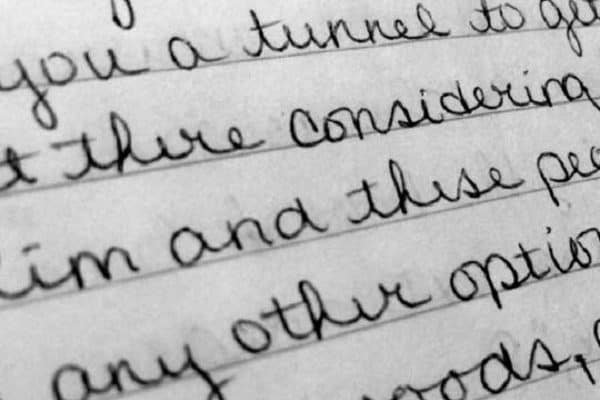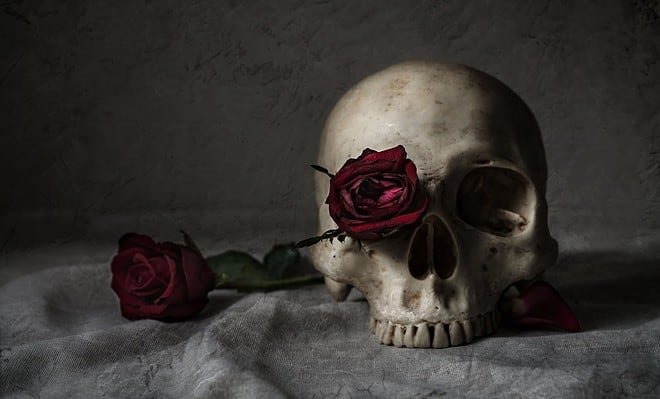Outsiders In Dracula And Wuthering Heights

In the Victorian Era, one of the biggest factors determining how society treated a person was their social class. In both Dracula and Wuthering Heights, class is presented as an obstacle. The outsiders in these two novels are Dracula and Heathcliff, but they are outsiders for different reasons.
Heathcliff was seen as an outsider by everyone except for Catherine, who cared for him almost from the start. However, she still noticed his “outsider” traits even if she accepted them. Part of this is the fact that Heathcliff is from a lower class. At one point, Catherine even goes as far as wanting to use her husband to send Heathcliff money. While this fact is pointed out to her as not being moral, it shows that she wanted to take care of him. This solution Catherine thinks of is done from a position of caring, but it does show how because she is from a higher class than him, her concerns and norms differ from Heathcliff’s—the chief topic being money/financial security.
Heathcliff’s adoptive family also made him feel like an outsider and was constantly being described as dark-skinned in the novel. In part, his upbringing and possible racial discrimination explain his cruelty and harsh behaviors in the novel.
Dracula was seen as an outsider for a different reason. Where Heathcliff was born into the “wrong” class, Dracula was born in the wrong country. It is clear in the novel that Dracula has a lot of money. He is a Boyar, after all. However, because he is an immigrant, he was automatically classified as an outsider by the main characters.
Even if his evil traits had been omitted, Dracula’s character was meant to bring to light all the concerns and fears the British had about immigrants. To add to Dracula’s outsider qualities, the novel never allows a journal entry from his point of view. The only point of view we get is from the upper-class society, including an aristocrat, two doctors, and a lawyer. This confirms Dracula is an outsider because he is not part of “them” in any way. This wariness of outsiders also plays a role in their norms and religious beliefs, which was also a concern due to the rising immigration at the time.
In short, Heathcliff is seen as an outsider because he was born in a lower class, while Dracula is seen as an outsider because he was an immigrant and, despite him having money, was automatically branded as a lower class. The depictions of lower-class society play a major role in displaying the “otherness” high society believed of lower classes and immigrants.









